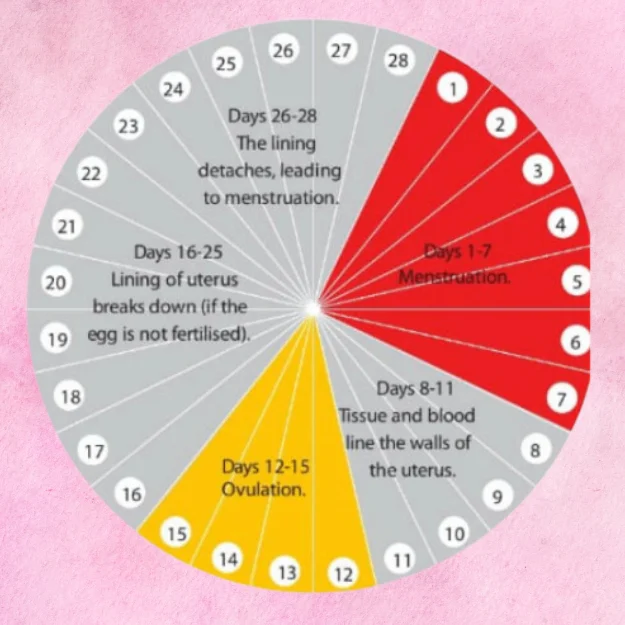Unlocking the Secrets: Safe Period Contraception Explored
– The rhythm method, also known as the calendar method or calendar rhythm method, is a form of natural family planning.
– It involves tracking menstrual history to predict ovulation and determine the best days for conception or to avoid pregnancy.
– The method requires careful record keeping and persistence.
– The rhythm method can be used as a way to promote fertility or as a method of contraception.
– It can be an option for women with complex medical history or for religious reasons.
– The rhythm method is considered one of the least effective forms of birth control.
– As many as 24 out of 100 women using natural family planning become pregnant in the first year.
– The method does not protect against sexually transmitted infections.
– There is no special preparation required for tracking menstrual history, but if using the rhythm method for birth control, it is recommended to consult with a healthcare provider.
– Steps for using the traditional calendar rhythm method include recording the length of 6-12 menstrual cycles and determining the length of the shortest cycle to determine the first fertile day of the cycle.
– The fertile days are determined by subtracting 18 from the total number of days in the shortest cycle.
– The first fertile day is the 8th day of the cycle.
– The last fertile day is determined by subtracting 11 from the total number of days in the longest cycle.
– The last fertile day is the 21st day of the cycle.
– Unprotected sex is off-limits during the fertile days if trying to avoid pregnancy.
– Regular sex is recommended during the fertile days for those trying to conceive.
– Factors like medications, stress, and illness can affect the timing of ovulation, so the calculations should be updated every month.
– This method is best for menstrual cycles that are usually between 26 and 32 days long.
– Day 1 is the first day of menstrual bleeding, and the counting continues until the next cycle starts.
– Days 1-7 are considered non-fertile, and unprotected sex is allowed during this time.
– Days 8-19 are considered fertile, and it is recommended to avoid unprotected sex or abstain from sex to avoid pregnancy.
